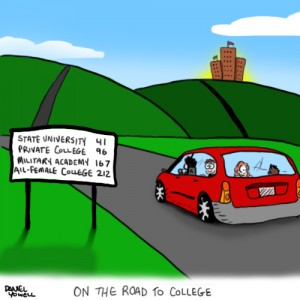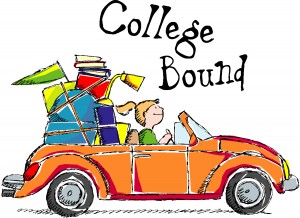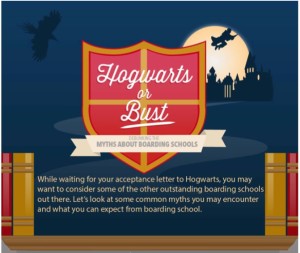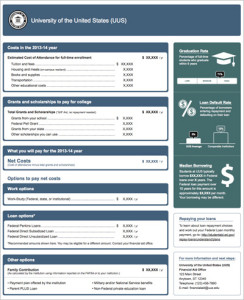 Summer is the perfect time for students to save up for the next semester and get some practical experience to complement their degree programs. Websites like Randstad Education can help students prepare for job interviews, find work and read articles about teaching.
Summer is the perfect time for students to save up for the next semester and get some practical experience to complement their degree programs. Websites like Randstad Education can help students prepare for job interviews, find work and read articles about teaching.
According to Forbes, some of the best summer jobs for students help to pad a resume, while providing valuable work experience. With the fierce competition of today’s job market, students have to work harder than ever to stand out in a pool of highly qualified applicants.
Freelance Writing
Students that don’t need a job immediately can get started on the road to freelance writing. Getting clients and working to build a portfolio of writing over the summer is the perfect time to get involved in an industry that shows great promise and growth. Additionally, students that succeed can build a source of income that can be accessed for the rest of their lives.
Internships
An internship requires some preparation, and typically an internship is not paid. The benefits of an internship might include some light compensation and the ability to bolster a resume with relevant work experience. If a student decides to do an internship, it’s important to pick one that is relevant to the chosen career field. Often, internships turn into real, paying jobs once the student graduates from college.
Restaurant Jobs
Working in a restaurant is a good way to earn some extra money and develop valuable customer service skills. Students who work as servers, attendants, hosts and hostesses can earn some pay while getting real-world practice dealing with difficult situations. The food industry is notoriously difficult, and working as a waiter or waitress increase a student’s ability to hold information in their mind and increase memory.
Start a Business
Students don’t have to settle for working for someone else while in college. Taking the initiative to start a business can show great work ethic and prove the student is a self-starter. There are plenty of options for starting a business and students can offer tutoring, complete chores for neighbours or create a craft that can be sold on one of the many online websites, like Etsy.
Construction Work
For students who want high-paying, temporary work and don’t care about how it looks on a resume, construction work can be very lucrative. It’s definitely hard work, but construction work helps keep you in shape, teaches the value of hard work and pays extremely well compared to many other industries.
Your student can surely benefit from any of these summer jobs. Not only can it help them earn during summer time, but the value of hard work and experience will certainly help shape them into a more responsible and mature individuals.









